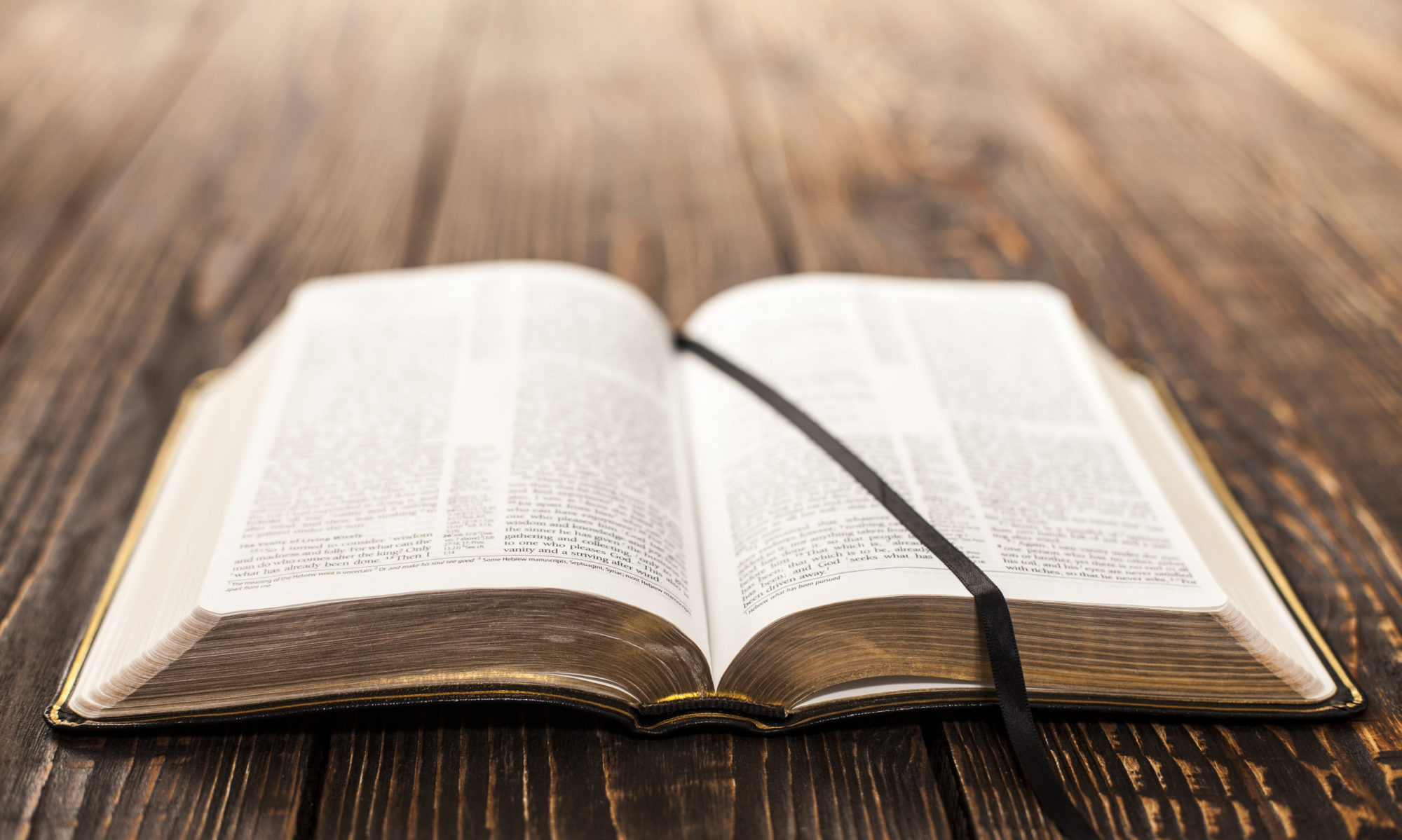
The part of our worship of the Lord Jesus Christ which we know as the communion service usually involves a calling to mind of the suffering of Jesus. It was during the Jewish feast of Passover when Jesus sat with His closest disciples and said:
“With fervent desire I have desired to eat this Passover with you before I suffer; for I say to you, I will no longer eat of it until it is fulfilled in the kingdom of God.” (Luke 22:14-15)
It is fitting to call to mind all that Jesus endured for our sakes in order to usher into our lives the grace and forgiveness of God but when Jesus says to all present “do this in remembrance of me” (v. 19b), I think that He was pointing at the result of His sufferings as well as the price He paid to aquire the result. Look at the entire verse:
“And He took bread, gave thanks and broke it, and gave it to them, saying, “This is My body which is given for you; do this in remembrance of Me.” Luke 22:19
Often in our remembrances we quote the Apostle Paul from (1Cor. 11:24):
“…and when He had given thanks, He broke it and said, “Take, eat; this is My body which is broken for you; do this in remembrance of Me.”
But Jesus’ body was NOT broken in the physical sense. It was typical in crucifixion to break the legs of the crucified to increase the stress on their lungs and ultimately suffocate them. But the Apostle John tells us:
“Then the soldiers came and broke the legs of the first and of the other who was crucified with Him. But when they came to Jesus and saw that He was already dead, they did not break His legs. For these things were done that the Scripture should be fulfilled, “Not one of His bones shall be broken.” (John 19:32 -33,36)
What then IS being emphasized by Jesus upon the breaking of the bread? To get to it we must first call to mind a reference that Jesus made of Himself in (John 6:48-51):
“I am the bread of life. Your fathers ate the manna in the wilderness, and are dead. This is the bread which comes down from heaven, that one may eat of it and not die. I am the living bread which came down from heaven. If anyone eats of this bread, he will live forever; and the bread that I shall give is My flesh, which I shall give for the life of the world.”
Jesus is the Bread of Life! At the Passover, Jesus broke ONE loaf of unleavened bread and distributed it piece by piece to those present, symbolizing not His suffering (though His suffering bought the privilege) but a unity. He gives to every one who believes in Him a piece of Himself making every believer a part of His body. What then IS He calling us to remember if not this unity which he brings to believers from every race and tribe, tongue and gender on the basis of His shared body and shed blood!?! What Paul was calling us to in 1 Cor.11 was to remember our connection to each other and to God through the body and blood of Jesus; a fact which is made more evident in his ongoing treatment of the subject in (1 Cor 11:17-34).
While a focus on Christ’s suffering is very important, could it be that the fact that darkness covered the earth for three hours of His suffering on the cross (see Luke 23:44-46) indicate that the Lord’s intention for the Lord’s Supper was to draw our attention to what His suffering produced; namely, a unified, justified, sanctified and one day glorified body of believers having one mission – to make disciples; abiding in one Spirit and living for one purpose and that being to glorify Him? I think so.
I’m not trying to reinvent the wheel here, but I do think that we ought to think more carefully on the fellowship of the saints during the Lord’s Supper and the Lord’s intention for this most important act of worship in His church.




You must be logged in to post a comment.